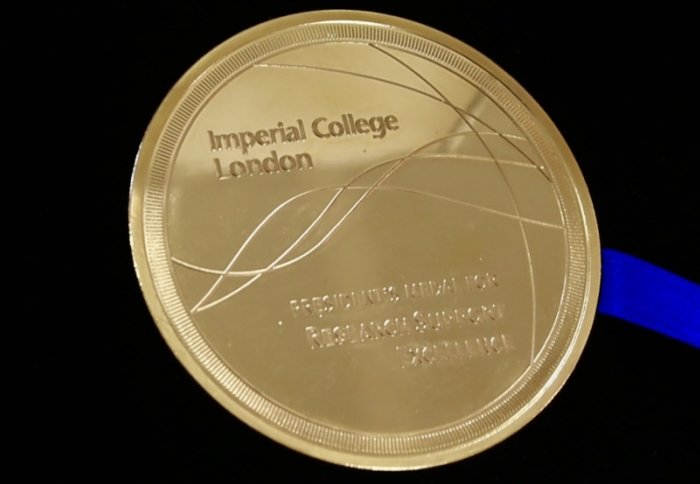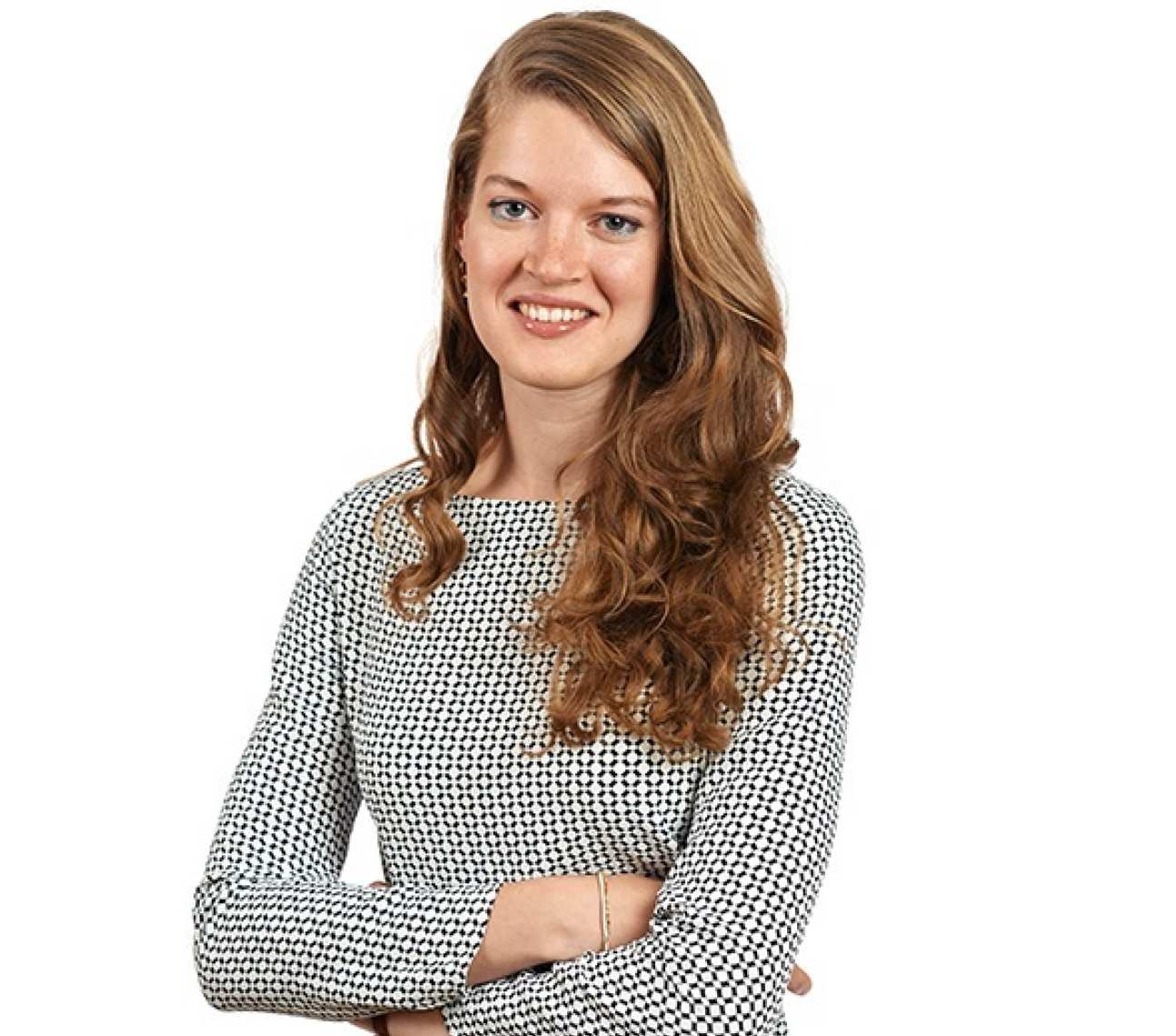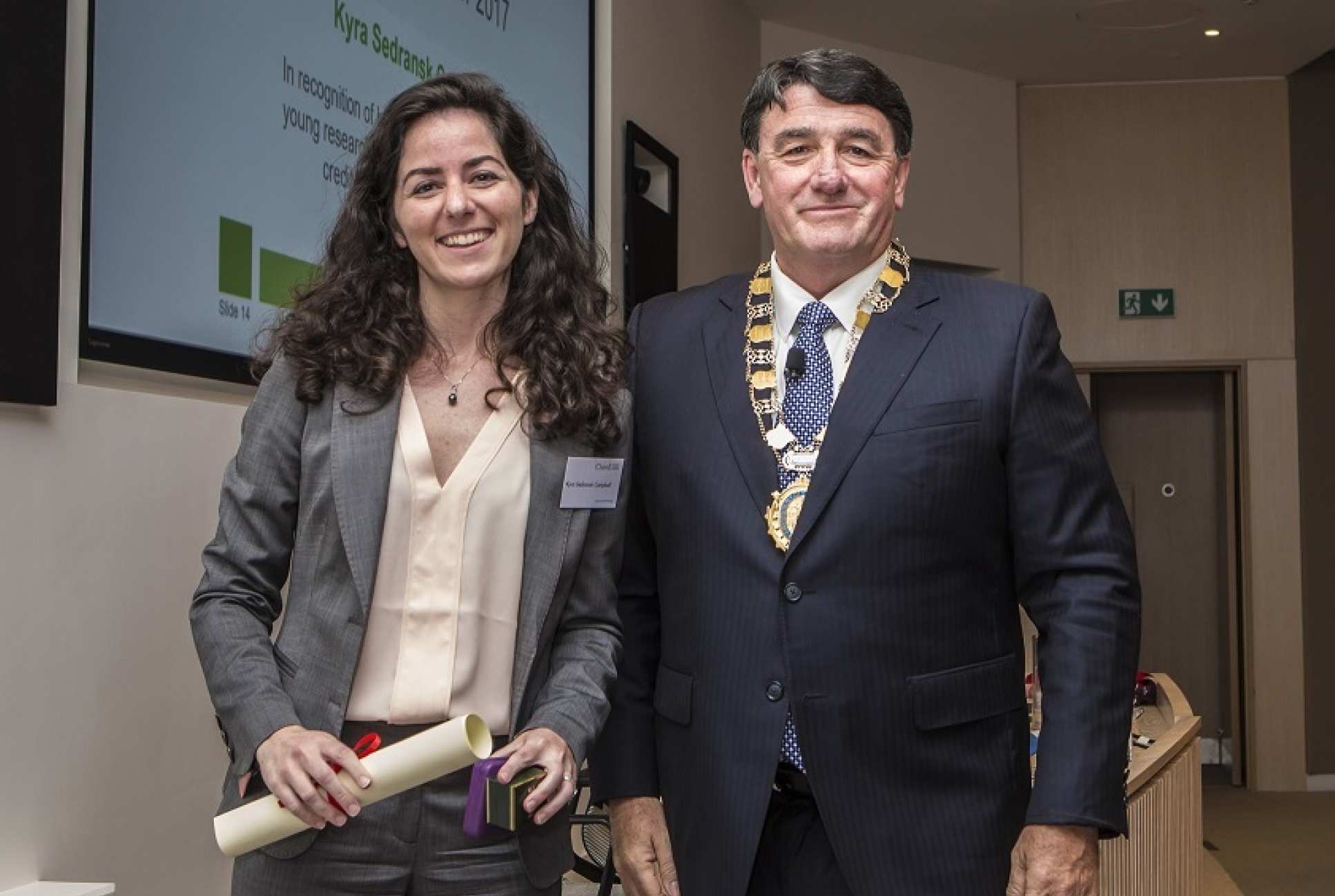Chemical Engineering staff recognised with IChemE Awards
by Sara West

Congratulations to the staff from the Department of Chemical Engineering whose work was recognised by the Institution of Chemical Engineers (IChemE).
Each year the Institution of Chemical Engineers (IChemE) recognises achievements and outstanding work in all fields of chemical engineering from around the world. The medals, named after exceptional chemical engineers, are awarded based on the nominations received by IChemE. This year four of our academic staff members received IChemE medals for their contributions to different aspects of chemical engineering research.
Professor Henricus (Hans) Michels – IChemE Franklin Medal 2017

The Franklin Medal is for outstanding service in the fields of occupational health, safety, loss prevention and care for the environment. Professor Michels was awarded the medal for “significant contributions to safety and loss prevention over five decades of research at the heart of industrial applications”.
Professor Michels has been Professor of Safety Engineering at the Department of Chemical Engineering since 1999, prior to which he held the roles of Lecturer (1967-1985) and Senior Lecturer (1985-1999) with the department. He is also a Fellow of the Institute of Physics, Member of the Combustion Institute, and Member of the UK Explosion Liaison Group which he co-founded.
Dr Clementine Chambon – Ambassador Prize 2017

The Ambassador Prize is awarded to an IChemE member who has made exceptional contributions, and is typically awarded in recognition of a sustained period of work on a short- to medium-term project. Dr Chambon received the Ambassador Prize for being a “uniquely talented individual and an extremely accomplished person at a very young age, and also for focusing on enriching the lives of others”.
Dr Chambon holds a First Class Honours MEng degree in Chemical Engineering from the University of Cambridge and completed her PhD at Imperial in 2017 under the supervision of Dr Jason Hallett, Prof. Paul Fennell and Dr Anthe George.
She is currently a post-doctoral researcher in the Chemical Engineering department and her research interests are in optimising decentralised energy technologies to reach the most energy-deprived communities in the world. Her findings are directly commercialised through Oorja Development Solutions, a social enterprise active in deploying mini-grids to provide clean energy access to off-grid communities in rural India, of which she is the co-founder and CTO.
Dr Kyra Sedransk Campbell – Nicklin Medal 2017

The Nicklin Medal is an early careers award designed to recognise talented chemical engineering researchers. It is named after Don Nicklin, long-standing Head of Chemical Engineering at Queensland University who was renowned for supporting up-and-coming researchers. Dr Sedransk Campbell received the medal for being an “outstanding young researcher and role model who would bring great credit and profile to the Nicklin Medal”.
Dr Sedransk Campbell received her SB from MIT in Chemical Engineering, followed by a PhD from the University of Cambridge under the supervision of Professor Geoff Moggridge and sponsored by the National Science Foundation (USA) Graduate Research Fellowship. She is currently a Royal Society - EPSRC Dorothy Hodgkin Research Fellow (2016-2020) in the Department of Chemical Engineering, prior to which she worked in the department as a post-doctoral research associate.
Professor Geoffrey Hewitt – MM Sharma Medal 2017
 The MM Sharma Medal recognises sustained outstanding research contributions in chemical engineering across an individual’s career, and was awarded to Professor Hewitt for “significant contributions to chemical engineering research and practice over a period of 60 years”.
The MM Sharma Medal recognises sustained outstanding research contributions in chemical engineering across an individual’s career, and was awarded to Professor Hewitt for “significant contributions to chemical engineering research and practice over a period of 60 years”.
Professor Geoffrey Hewitt has been Emeritus Professor of Chemical Engineering at Imperial College London since 1999. He received his PhD from University of Manchester Institute of Science and Technology (UMIST) in 1957, following which he worked for the UK Atomic Energy Authority as Appointed Division Head and later as Founder and Head of Heat Transfer & Fluid Flow. He first joined Imperial College London in 1985 as Professor of Chemical Engineering, and has worked on a variety of subjects in the field of chemical engineering, with a special interest in multiphase flow systems, specifically channel flow and heat transfer.
Article text (excluding photos or graphics) © Imperial College London.
Photos and graphics subject to third party copyright used with permission or © Imperial College London.
Reporter
Sara West
Communications Division